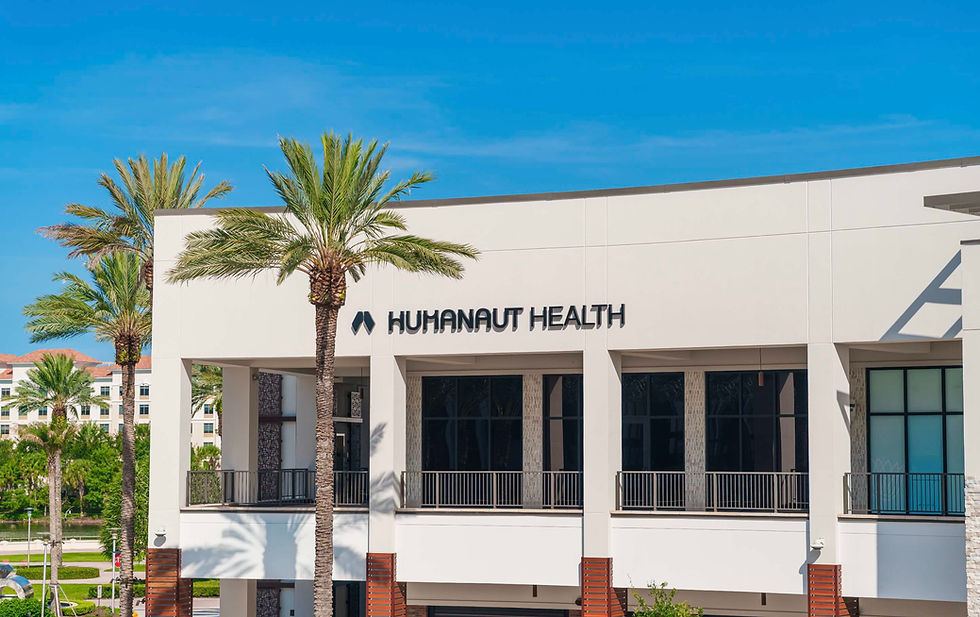Boca Raton reimagines City Hall with fewer buildings and more green space
- Jake Nicholas

- Oct 31, 2025
- 2 min read
The One Boca redevelopment proposal is getting a major rethink. Developers Terra and Frisbie have unveiled a scaled-back version of their downtown Boca Raton master plan that would more than double public green space, shrink leased city land from 31 acres to under eight, and reshape the area into a walkable civic destination centered around parks, recreation, and community gathering spaces.

The new plan calls for 955 residential units—down from over 1,100 in the original proposal—alongside 186 condominiums on private land, a 180-room hotel, expanded dining and retail options, and reduced office space. At the heart of the redesign is a Central Park–inspired pedestrian corridor, “1½ Avenue,” connecting Palmetto Park Road to the Brightline station. The city would retain ownership of the land west of NW 2nd Avenue, including Memorial Park, City Hall, and the community center, while adding new tennis courts, basketball courts, a playground, a multipurpose field, and a children’s museum.

The updated concept marks the third major revision of the One Boca plan, following months of resident feedback and civic debate. The city aims to transform the current City Hall campus into a modern, mixed-use hub where public services, recreation, and residential life intersect—a “live, work, play” environment designed to strengthen community engagement and long-term resilience.

But residents remain divided. While some see the proposal as a chance to rejuvenate outdated public facilities, others question the city’s focus amid growing infrastructure concerns. “Last Tuesday, my daughter fractured her hand at Memorial Park,” said local parent Christina Broeker. “As you can see, the aging field that she plays on multiple days a week has failed her.”

Meanwhile, local advocacy group Save Boca has pushed for voter oversight, gathering over 5,000 signatures to advance two resolutions requiring public approval for any sale or lease of city-owned property larger than half an acre.

Those measures will now go before voters in a special election on January 13, 2026—moving up from the March municipal ballot. Some city leaders, including Councilman Marc Wigder, have expressed concern about the vague legal language of the proposals, warning that the term “alienation” could complicate other public-private partnerships citywide.

The debate also comes as officials grapple with mounting flood control needs following severe recent storms. “It certainly looks like we’re going to have to spend more on flood control… and invest in those things maybe more because these storms are happening more frequently,” Wigder said. Residents echoed the call to prioritize stormwater infrastructure, with others criticizing the developers for continually revising the project to gain favor.

As Boca Raton prepares for its January vote, the conversation over One Boca now extends far beyond design—it’s become a defining moment for how the city balances growth, public land use, and environmental preparedness in the years ahead.














